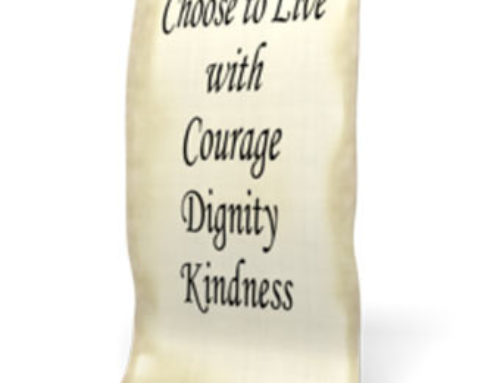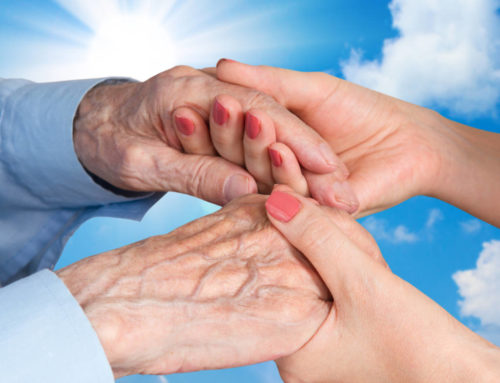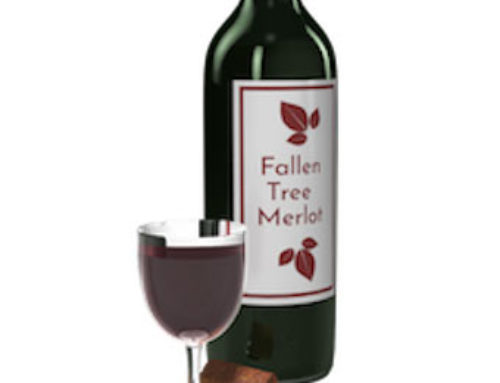Q and A with Elaine Video Series #1
Like most family caregivers, I was totally unprepared to become a long-distance caregiver. Then my dad suffered a stroke. My husband Alex, who has been my partner in creating all of our programs, never expected to care for his first wife until she was diagnosed with terminal lung cancer. When Alex started suffering with debilitating back pain, we had no idea that it would take eight years and two major surgeries to manage the pain and keep him mobile. Together we cared for my parents for ten years and for my feisty and fiercely independent Aunt Jean from 2006 until her death, shortly after her 90th birthday in 2016.
I don’t think my experience as a caregiver is unique. Most people my age have either cared for someone or have needed someone to care for them.
My inspiration to write and speak for caregivers came from the collection of letters my mother wrote to me over the course of the six-and-a-half years she care for my dad. I have often said, “I’m not sure if my mother inspires me or haunts me.” Regardless, I do know that the honesty and openness in her letters have helped thousands of other family caregivers cope with the emotional stress of caring for a loved one who can no longer care for himself.
Speaking of honesty, last summer I was asked to record a Question and Answer interview for an organization that wanted to know more about the family caregiver’s experience. Just so you know, my desk is rarely as organized as it appears in this video, and a lot of times when I go to my computer to write, I’m wearing jammies and no makeup. (I cleaned everything up for the benefit of the camera.)
I believe the questions I was asked were thoughtful, and I hope my answers will be helpful to people who are in the process of caring for individuals who cannot manage on their own. Over the course of the next few weeks, I will be posting a series of short videos with my answers to following questions:
- What are the signs of dementia?
- What tips can you give about caring for someone with dementia?
- How do you choose the right assisted living or skilled nursing facility?
- How do you recognize the signs of elder abuse?
- How can you be sure your loved ones are getting good care in a long-term care facility?
- What should you be concerned about if a family member is caring for a loved one?
- What advice do you have for people who are caring for a loved one after major surgery?
- What are the common types of caregiver fatigue?
- What are some helpful tips for dealing with caregiver fatigue?
- How do you talk about illness and death with a loved one?
- How do you find closure after a loved one dies?
- What advice would you give to a new caregiver?
I’d like to invite you to sign up for a free subscription to my blog Caregiver Help Word of the Day to make sure you never miss a post. If you know anyone who could benefit from this Question and Answer series, please share the posts with them and on Facebook.




